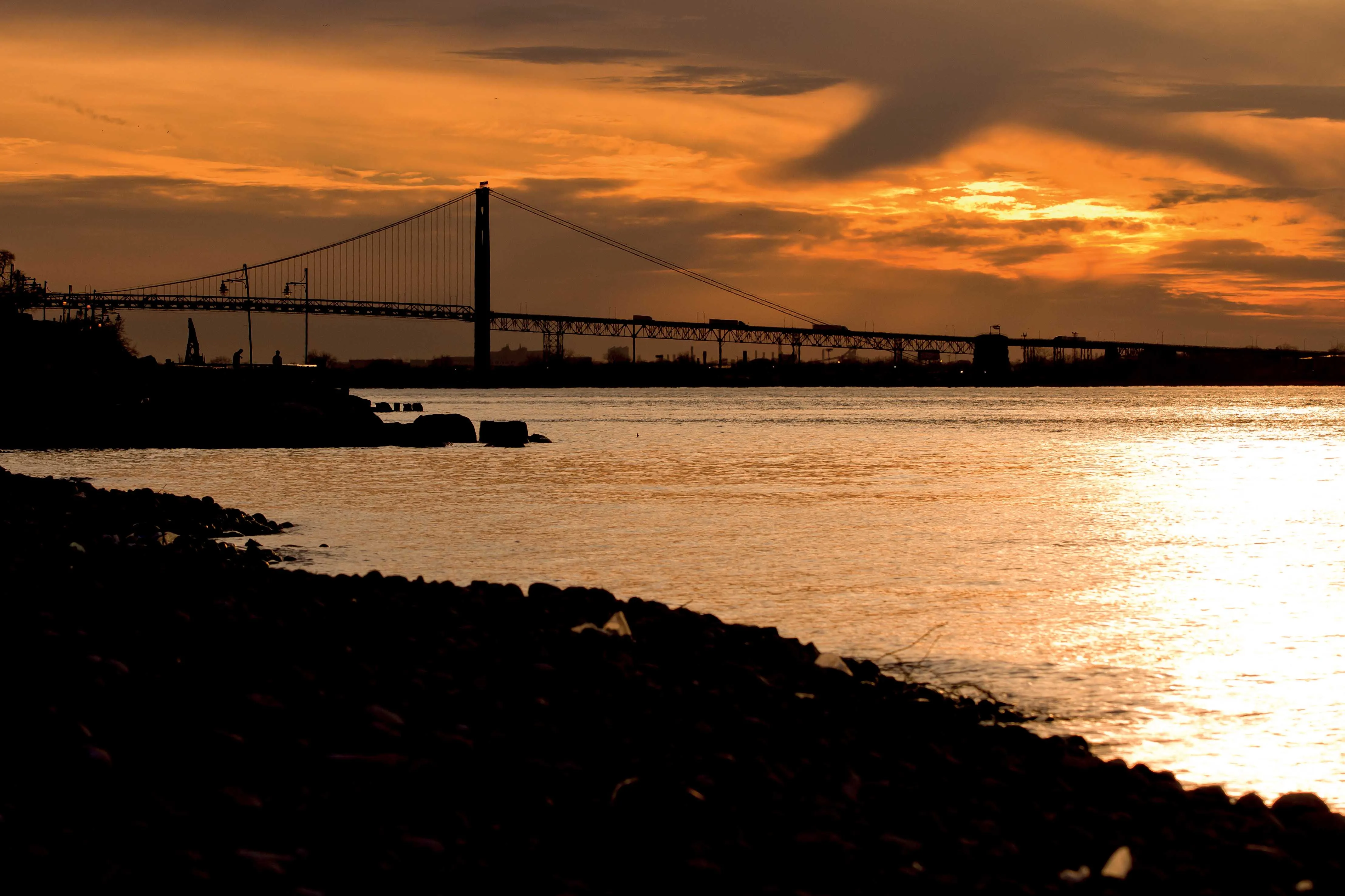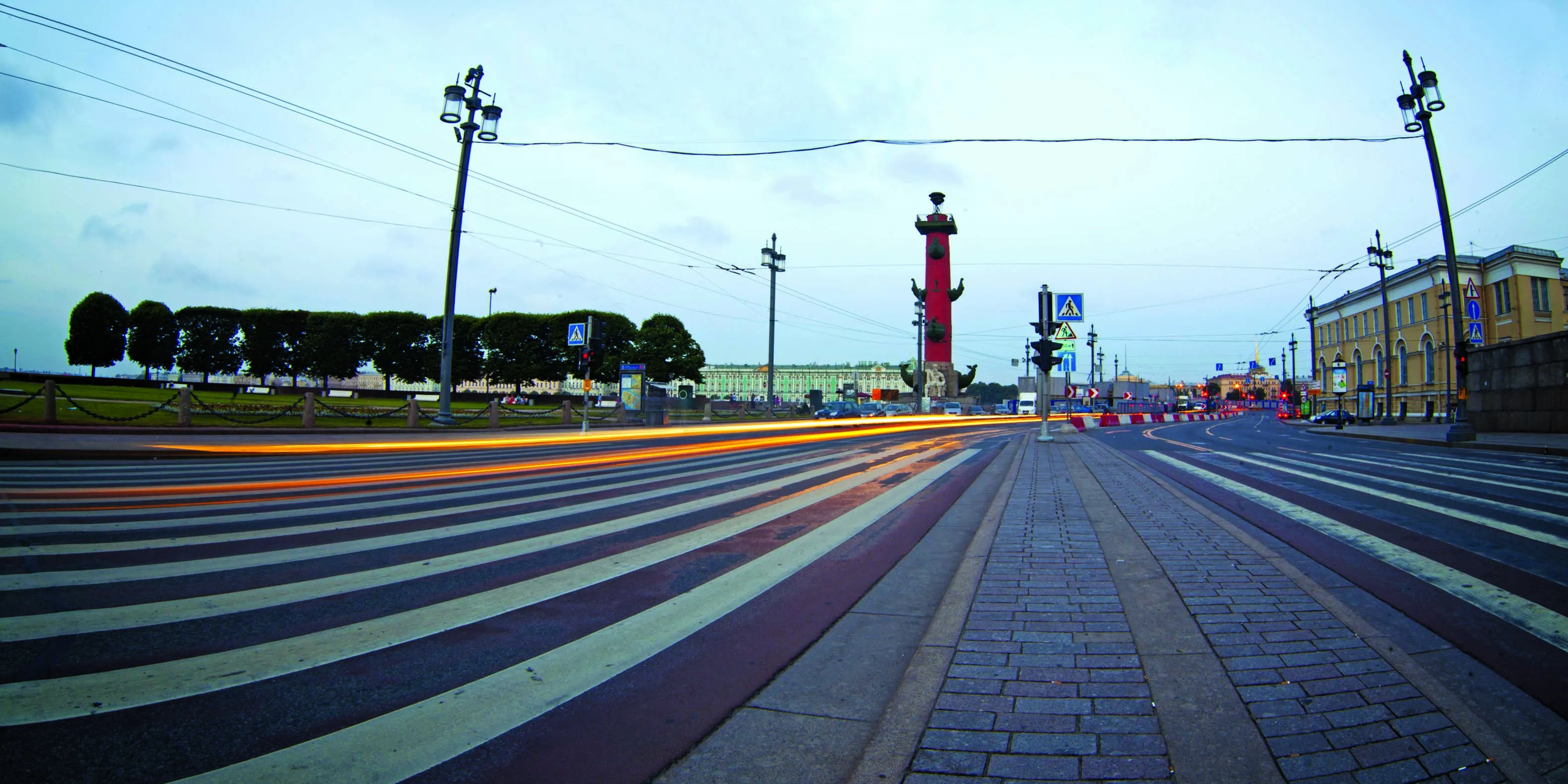The Costa Rican Government is paying compensation worth US$28.4 million for the cancellation of a highway concession package. The compensation relates to the San José-San Ramón highway concession and is being paid to the Brazilian construction company OAS, reports Business News Americas. This follows a legal dispute over the project and is some $10 million less than OAS originally claimed in compensation. The 30 year concession package was cancelled last year due to opposition. There were allegations of a c
March 19, 2014
Read time: 2 mins
The Costa Rican Government is paying compensation worth US$28.4 million for the cancellation of a highway concession package. The compensation relates to the San José-San Ramón highway concession and is being paid to the Brazilian construction company 1511 OAS, reports Business News Americas. This follows a legal dispute over the project and is some $10 million less than OAS originally claimed in compensation. The 30 year concession package was cancelled last year due to opposition. There were allegations of a conflict of interest in the award of the contract as well as complaints the proposed toll fees would be too high. The project for the $524 million project to upgrade and widen the 58km section of highway was originally expected to have been complete within a 30 month time slot. Under the terms of the agreement, OAS will provide the Costa Rica Government with all the plans, studies and technical documents carried out for construction of the link. The payment will be funded by the national roads council 2538 Conavi. The El Foro de Occidente group opposed to the original concession has now set out plans for a $478 million alternative proposal in coordination with the 2536 Ministry of Public Works and Transport, MOPT and Conavi. This includes a lower toll fee of $2.23, instead of the $3.90 OAS had proposed.







